Kosovo is our Jerusalem, minister tells Israeli daily
Aleksandar Vulin, minister in charge of Kosovo in Serbia's caretaker government, has said that Kosovo has both economic and strategic significance for Serbia.
Friday, 21.03.2014.
16:24

Kosovo is our Jerusalem, minister tells Israeli daily
Vulin at the same time said he was puzzled that the West was ignoring Islamic extremism in the Balkans:"For me, it is very hard to understand how you can fight al-Qaida in the whole world except in the Balkans. It's something that is over my head, and I cannot understand that kind of policy. In Syria, you have by some estimates around 300 or more jihadist fighters from Bosnia, Albania and Kosovo. I cannot understand how the West can be blind to this kind of 'side effect'."
"We have had this kind of experience with terrorism in Bosnia and Herzegovina and in Kosovo, where radical Islamic elements are increasingly endangering the stability of the Balkan region. The international community has a large presence in Bosnia and in Kosovo, with thousands of soldiers and a large bureaucracy. And yet they do not pay attention or recognize this danger," he told the Israeli daily.
"For example, in Bosnia and Herzegovina, you now have Wahhabi villages, whereas in the past there were no such things. Arab sponsors from abroad often send lots of money to mosques, schools or hospitals in the region without realizing that it goes to people who embrace the Wahhabi teaching. That is something that is really very dangerous," Vulin said.
Asked to explain the meaning that Kosovo has for Serbs, the minister, who heads the SNS-allied Movement of Socialists, said this was "really easy when you are in Israel to explain that," and added:
"I can do so in just one word: Jerusalem. Kosovo is our Jerusalem. We cannot be Serbs without Kosovo. That is where our nation was created and our first state was. Our most important religious sites are there.Because of that, we love it the most. For us as Serbs, it is our Zion. For us, it served as an inspiring example that we can remain Serbs even while enduring great hardship throughout history. And you know of course that Kosovo also has economic and strategic importance. But most of all it is the soul of our people."
"Without Kosovo," Vulin continued, "I'm not sure how I can explain to my son how we became Serbs, how we remained Serbs, or why we will stay Serbs. For us, our connection to Kosovo is metaphysical, and I think that Israelis can well understand this type of connection. It is not something that can be measured merely in terms of dollars or oil reserves. And in strategic terms, of course, Kosovo is important, if only because a state that recognizes secession on its own territory is a state that will quickly perish. It is like a human being: When the body begins to wither and gets smaller, death may be on the way."
According to Vulin, the Serbian authorities reached an agreement on normalization of relations with Priština because they wish to "find a solution for Kosovo":
"We are not politically blind. We do not say, 'Okay, there are no Albanians in Kosovo.' There are Albanians in Kosovo, they are the majority and we want to find a solution that we can live with, one that the Serbs in Kosovo can live with and one that representatives of Albanians in Kosovo can live with. Our principle is that we want dialogue; we want all disputed issues anywhere in the world to be resolved with dialogue. But not with unilateral measures. That is one of the reasons why we signed the agreement, and of course there was lots of pressure from the international community that we do so. But no one should read into the agreement something that is not there and suggest that we have opened the door to recognition of Kosovo. Our red line, as I said, is that we are not recognizing Kosovo."
He once again criticized the international community for not condemning an incident in Đakovica on Orthodox Christmas, when a bus carrying Serbs came under attack by stone-throwers.
Noting that of 12,000 Serbs who lived in that town in Kosovo 15 years ago none remain today, Vulin said of the incident:
"Not a single representative of the international community condemned what happened in Đakovica. Not even one! For me, it is really hard to understand this. How can it be justified? People were attacked and stoned. It is really disappointing for me that the international community did not utter a single word of condemnation. The message it sends is that if you want to throw stones at Serbs, that's fine. And that is not really a good message to be sending."
Asked to comment about an incident in Croatia late last year, when a player of Croatia's national football team saluted the fans with a fascist gesture and slogan used by the Nazi-allied Holocaust-era Croatian Ustashe, Vulin said he was "very concerned about it," and added:
"And I'm very concerned that the international community is doing nothing to stop it. In Serbia, we do not have such things. Of course, we have rightists and we have extremists and chauvinists. But for our top national player to lead a fascist salute at a central stadium? It is unheard-of and unthinkable. And even if you want to say that the Croatian player was just one person, the fact is that the entire stadium applauded him. In Croatia, they have never really admitted or come to terms with their involvement in genocide during World War II. The Croatian Ustashe, which supported the Nazis, committed the most horrible crimes during World War II against Serbs, Jews and others. But in the new history books there, you do not see that. In Croatia, representatives of the Catholic Church performed a mass in honor of the Ustashe leader, Ante Pavelić, who oversaw the mass murder! This is something that is frightening and very worrisome."
Asked to comment on the Israeli-Palestinian conflict, Vulin said:
"I have absolutely no doubt that everything must be resolved by dialogue and without any unilateralism. Maybe it is not diplomatic when I say this, but I cannot understand the kind of hatred that sometimes is directed against Israel. It is very hard to understand, and quite often, in various international policies, you see that. And you even have people who justify that, and that is dangerous. I see it too with regard to my nation, the Serbs. Our people are stoned on Christmas in Đakovica, and some people react by saying, 'It is fine – they are only Serbs.' This kind of hatred cannot bring peace."










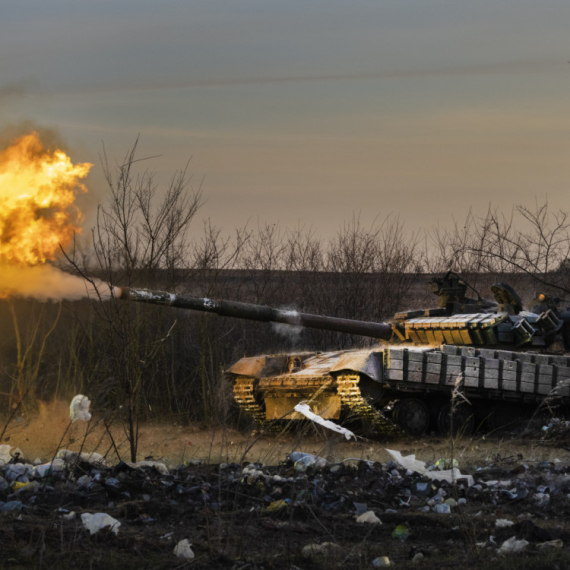


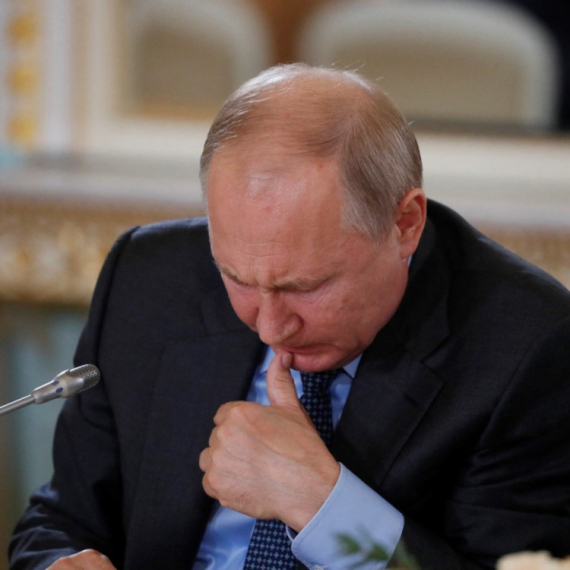


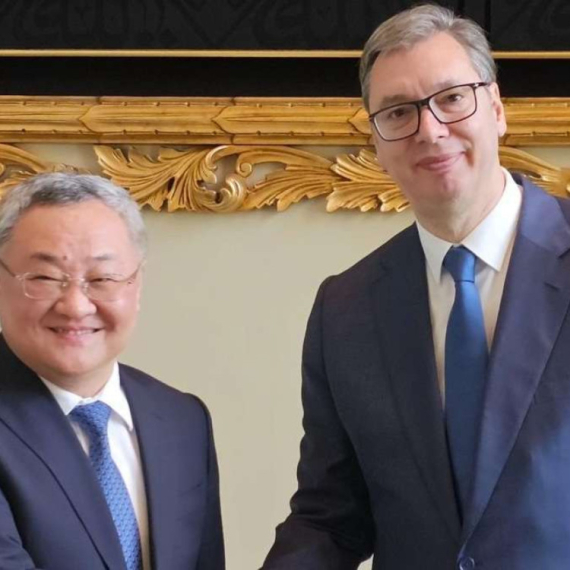
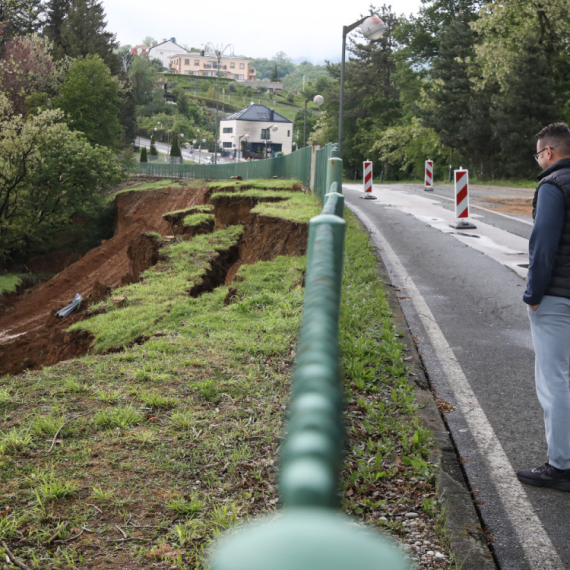





































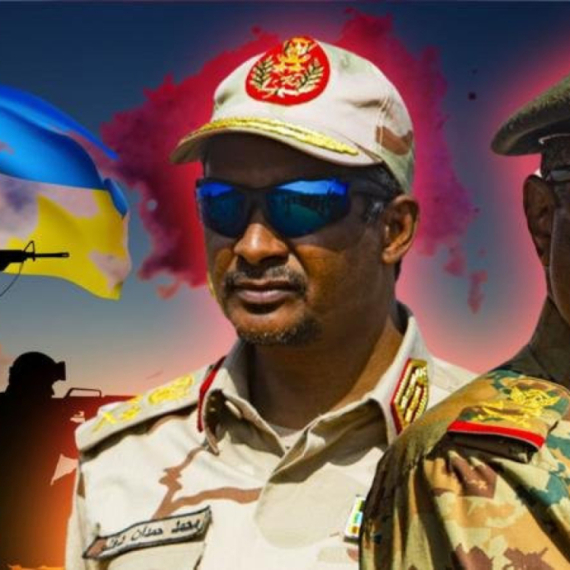


Komentari 35
Pogledaj komentare